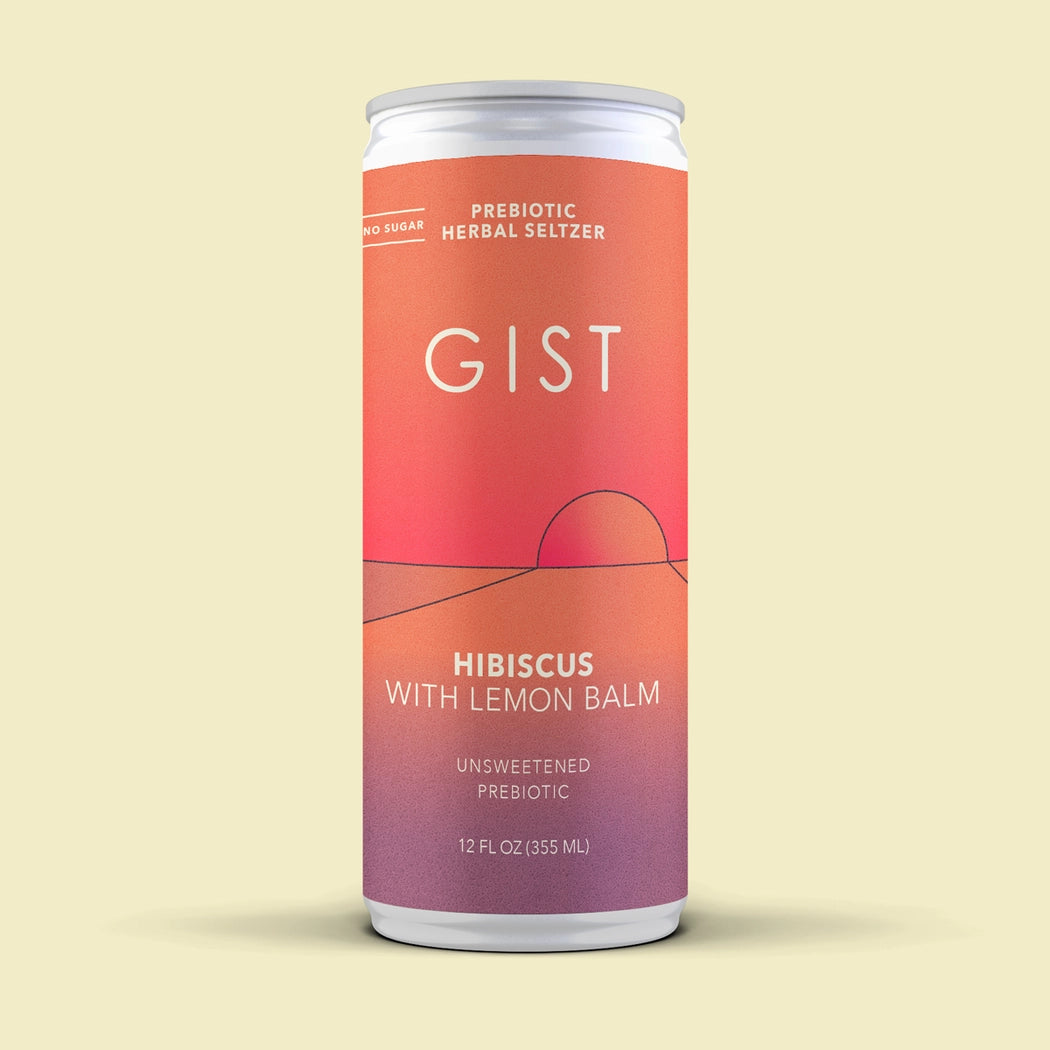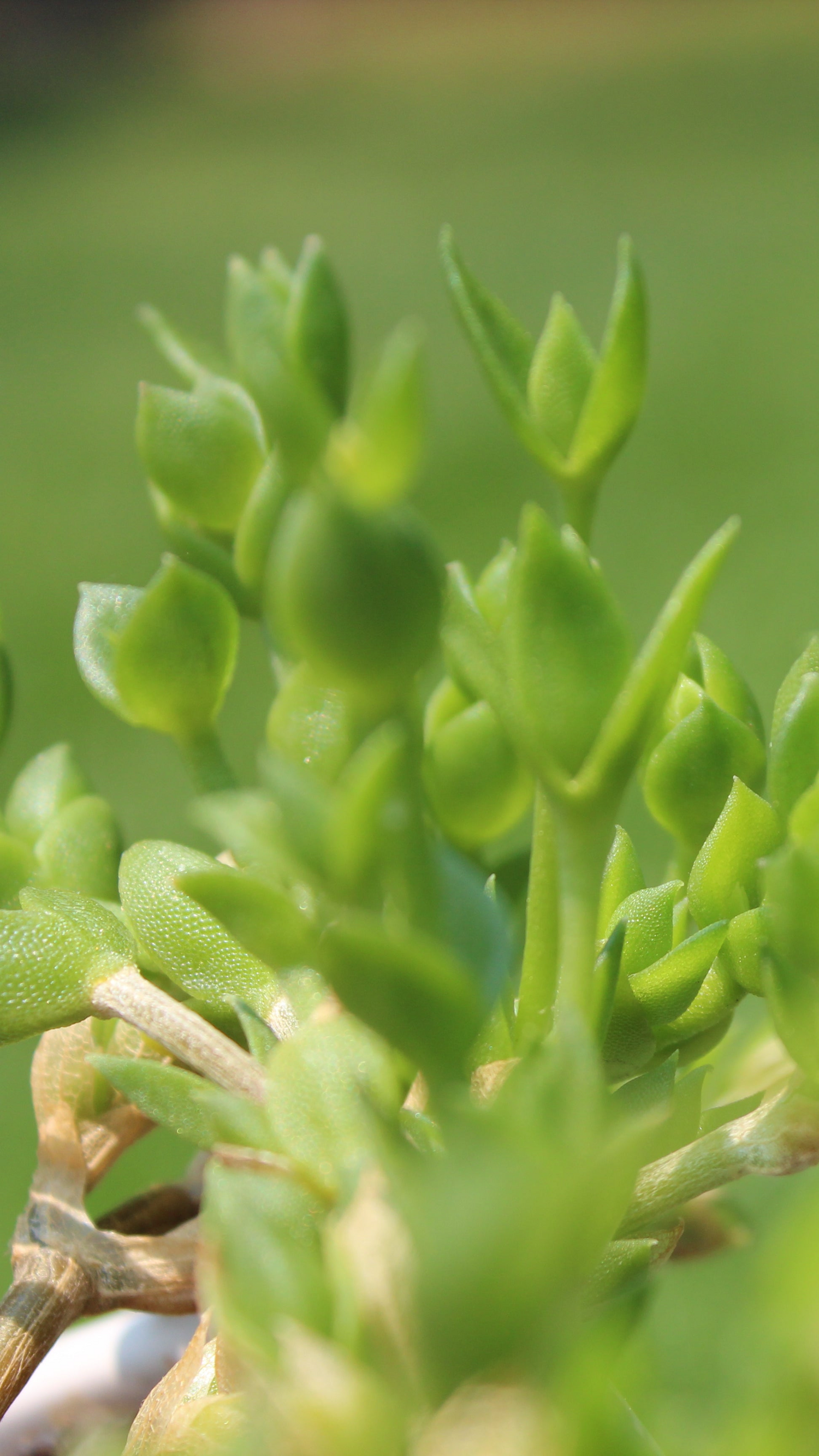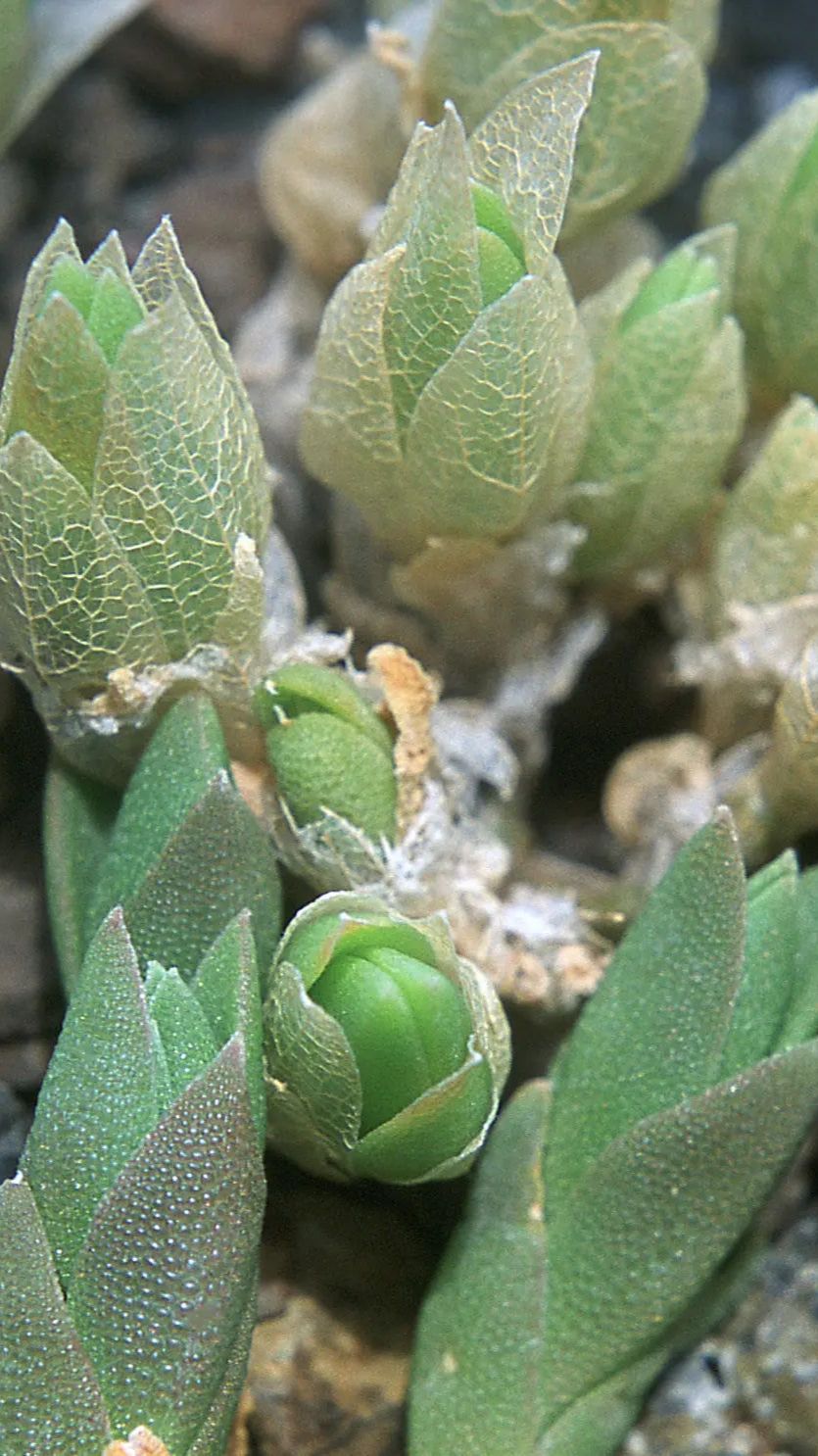
Healing Herbals
Gist Lemon Balm Herbal Seltzer
Gist Lemon Balm Herbal Seltzer
Couldn't load pickup availability
bright • tart • tropical
Just right to drink on hot summer days or cool fall nights, this entertaining pair is sure to delight.
Tropical hibiscus petals and lemon balm form a tangy but calming brilliance that feels lively and crisp.
A bubbly alternative to an afternoon soda or evening glass of wine, perfect for making time just for yourself.
Details: Each container has 4g of all-natural prebiotic plant fibre with no added sugar or sweetener.
Ingredients: Carbonated water, organic hibiscus flowers, organic lemon balm, organic Jerusalem artichoke inulin, organic lime juice.
FDA Disclosure: These statements were neither approved nor refuted by the Food and Drug Administration. This product does not purport to diagnose, treat, cure, or prevent any illness.
Share




Kanna & Quality
Healing Herbals commitment extends through sustainable and ethical
sourcing of Sceletium tortuosum. We ensure that our plant material is
organically grown, without the use of synthetic chemicals, and sourced
either from well-managed farms or sustainably maintained wild ecosystems
on private lands.
In alignment with our ethical practices our
main suppliers participate in fair sharing agreements with the
indigenous San and Khoikhoi communities including the South African San
Council. These are the traditional knowledge holders of Sceletium.
Additionally our suppliers are authorized by the Western Province
Department of Cape Nature to distribute and export Sceletium globally

History of Kanna
This revered herb, indigenous to South Africa, has played a
significant role in the lives of the local people, particularly the
Khoikhoi and the San tribes, since prehistoric times. These tribes,
initially hunter-gatherers, used Kanna for various purposes including
relief from thirst and hunger, to combat fatigue, and for social and
spiritual purposes. They had a profound connection with the plant,
associating it with the sacred eland antelope and referring to it by the
same name: 'kanna'.
The first isolation of an alkaloid from Sceletium tortuosum was in 1898 by
Meiring, who called it mesembrine. This discovery led to a deeper
understanding of the plant's chemical composition, though its exact
composition remains elusive.
Kanna's long-standing history
reflects its significance in South African culture and its evolving role
in global herbal medicine and recreational use. From its traditional
roots to modern applications, Kanna has remained a plant of great
interest and value.



